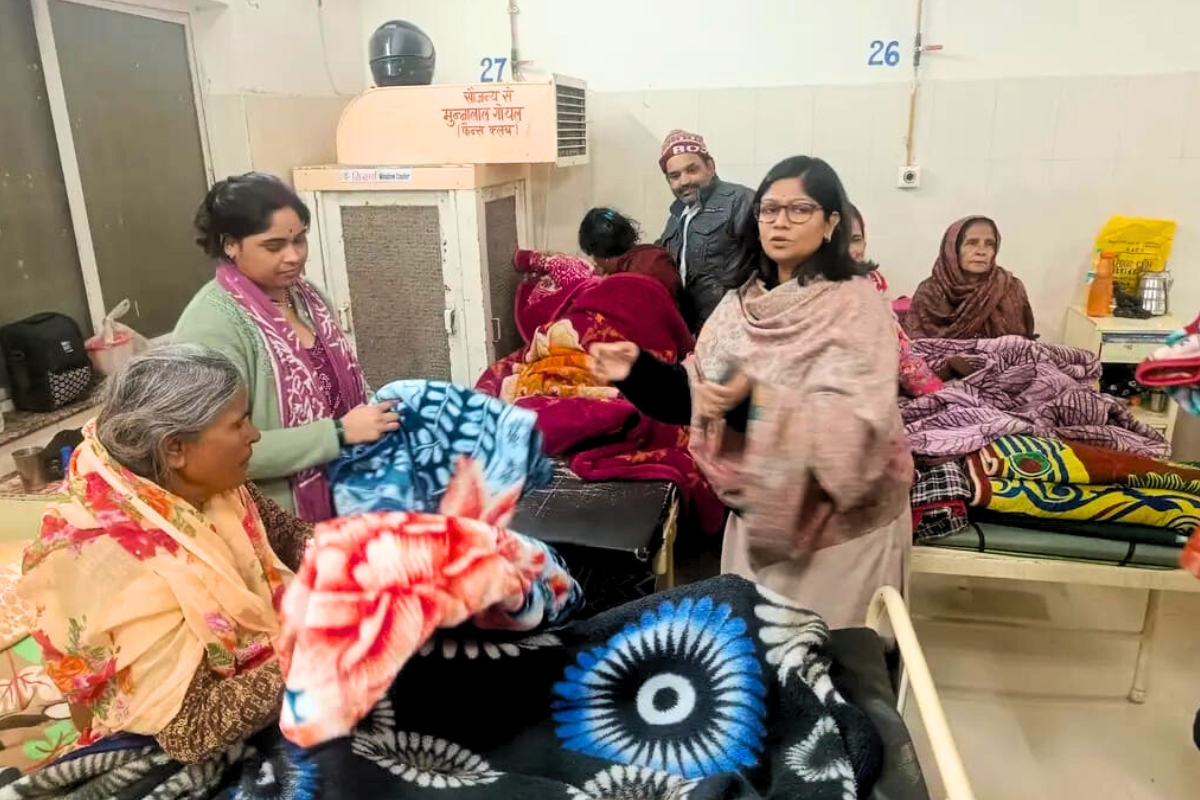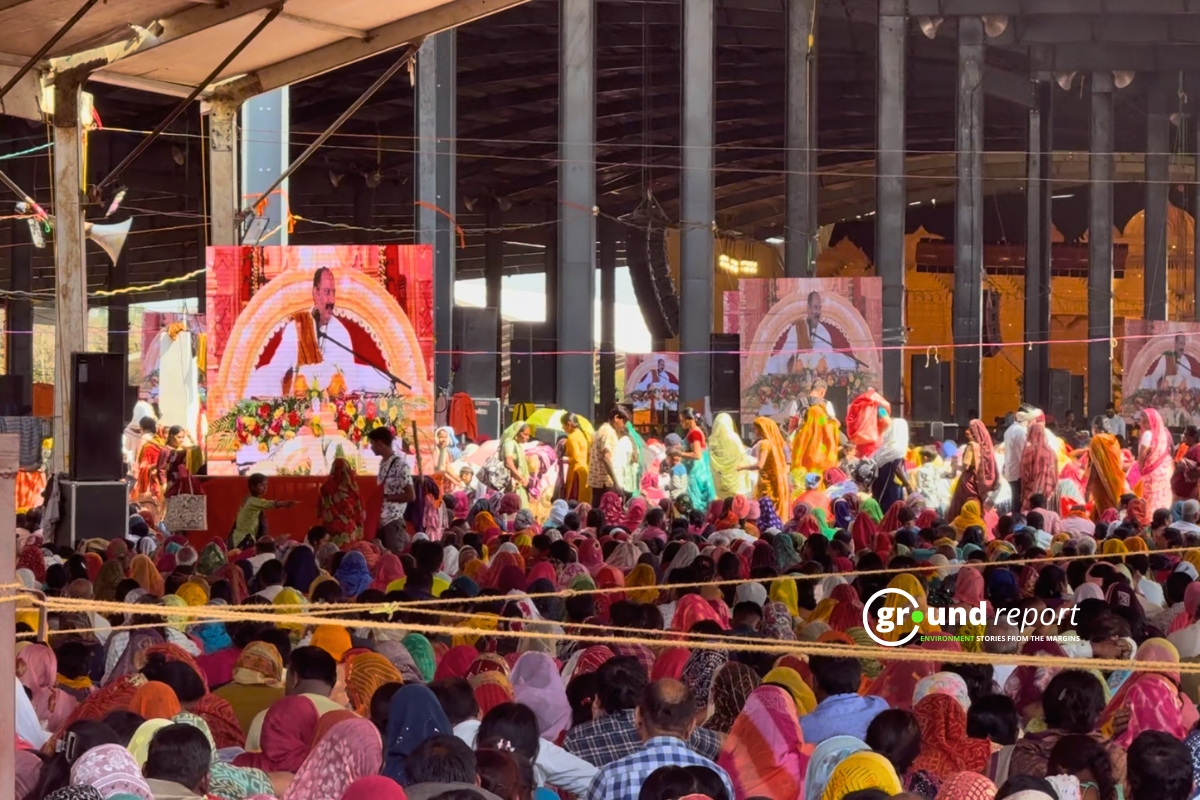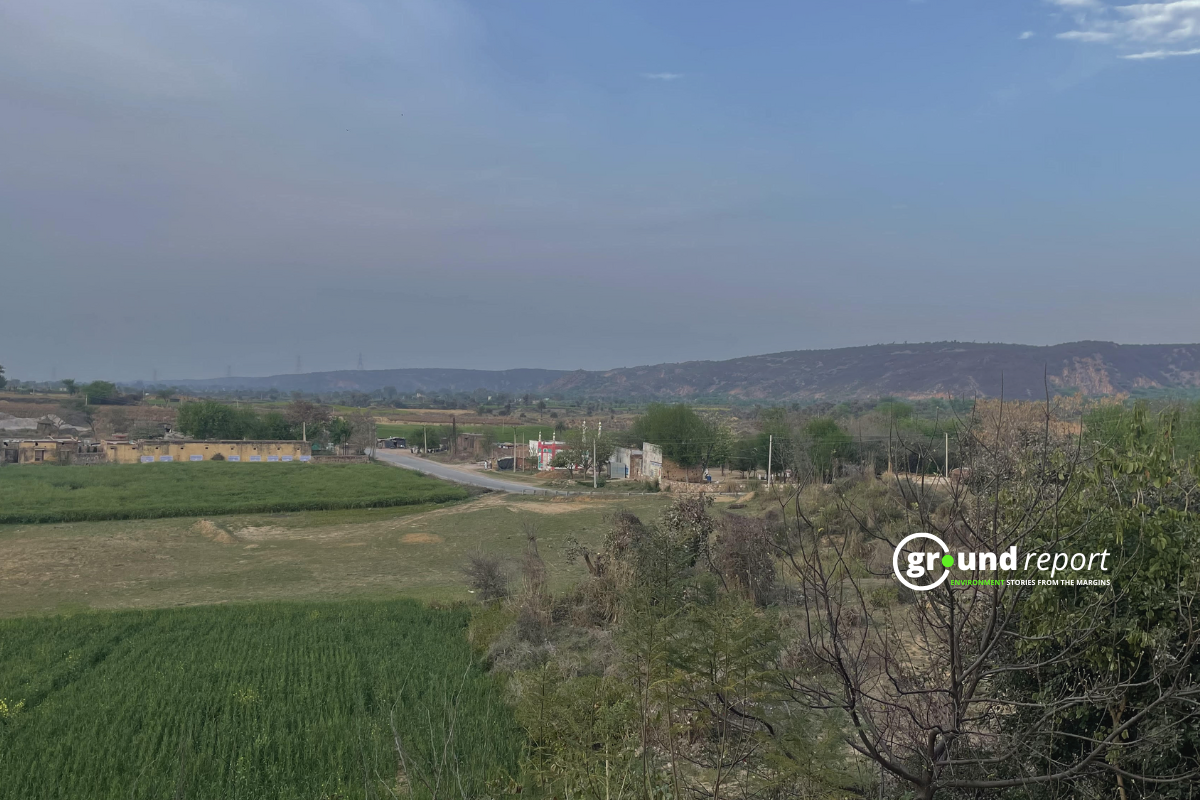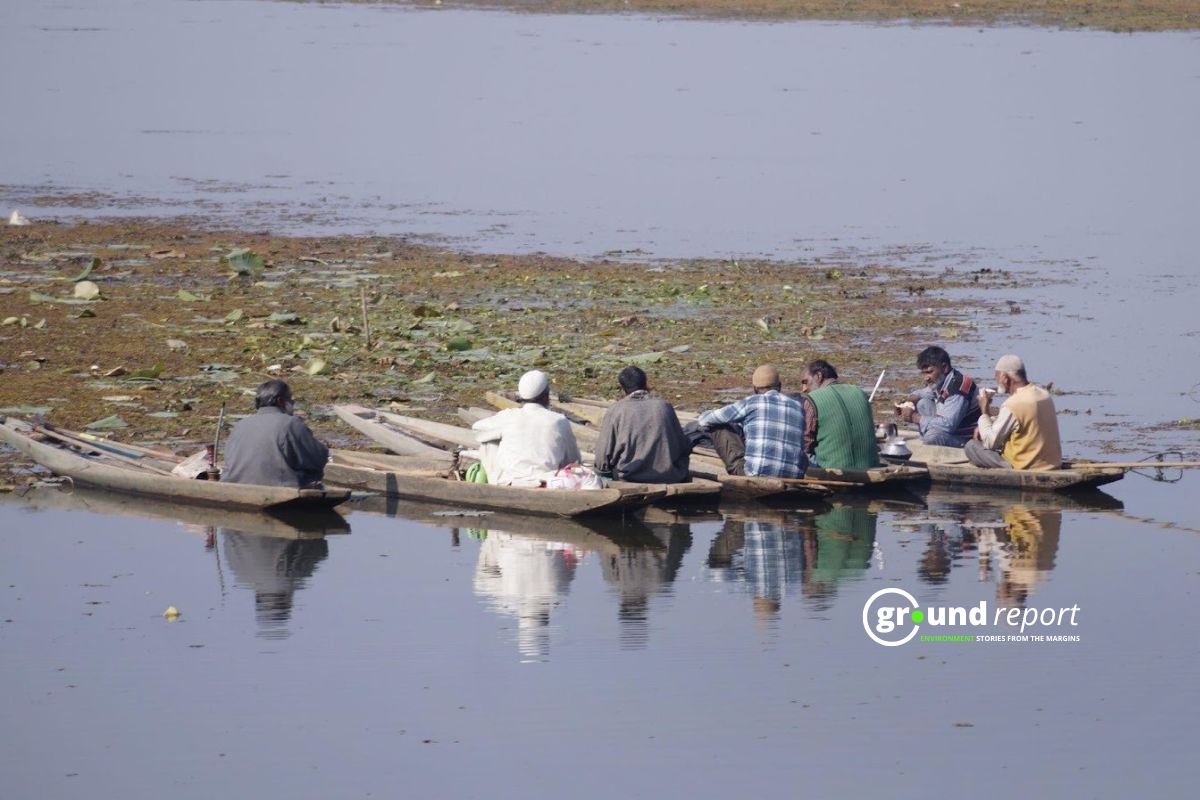Life can be unpredictable in many ways. Even with the most diligent planning, there may be some incidents and events that you can never fully be prepared for. However, if you are not careful, such emergencies could result in great financial stress. Medical emergencies, for instance, can be expensive to tackle at short notice. You may have to dip into your savings and investments or avail of a loan to meet unexpected medical bills.
Fortunately, there’s another solution to ensure that you are financially prepared for medical emergencies. You can buy a comprehensive health insurance plan to cover the costs of hospitalisation, surgery and other medical treatments. Let’s take a closer look at what this type of insurance is and how it can protect you financially in case you or someone in your family falls ill unexpectedly.
What is Comprehensive Health Insurance and How Does it Help?
As its name indicates, a comprehensive health insurance policy provides all-encompassing, 360-degree coverage for various medical expenses. With this type of all-inclusive insurance, you need not buy multiple medical insurance policies to obtain sufficient insurance coverage. Instead, with this one policy, you can get financial protection for different medical expenses such as the following:
- In-patient hospitalisation
- Day care treatment
- Domiciliary hospitalisation
- Pre-hospitalization expenses
- Post-hospitalization expenses
- OPD treatment costs
- Organ donation costs
- AYUSH Treatment
- Emergency ambulance services
- Expenses for the treatment of pre-existing conditions
- Critical illness treatment
- Annual health checkup costs
- Maternity expenses
While the exact list of expenses covered may vary from one insurance provider to another, the costs listed above are generally included by most leading insurers in India as a part of comprehensive coverage.
5 Tips to be Prepared for a Medical Emergency in Advance
In addition to buying medical insurance, there are many other things that you can do to be prepared for a medical emergency in advance. Here are 5 health tips that can help.
- Have Your Personal Details on You
A medical emergency can occur at any time. You may be at home, at your workplace or even in the middle of your commute. In order to ensure that you get timely and accurate medical assistance, you need to have your basic personal details on you at all times.
These details include your name, contact number, address, blood group and any medical conditions you may be suffering from. You can also include the list of medications you are on, so the emergency doctor is aware of these details even if you are unconscious or otherwise unable to communicate.
- Learn Basic First Aid
You can also benefit from learning basic first aid, so you can assist anyone at home or in your workplace in case of a medical emergency. Some essential procedures you must be aware of include basic life support (CPR and resuscitation), first aid in case of wounds and burns, and first aid in case of drowning or other emergencies.
You can approach a local NGO or hospital to learn about these basic first-aid procedures. The more you are aware of what to do in such medical emergencies, the higher the chances are of saving the lives of any victims who may be affected.
- Have a First Aid Kit at Home
You also need to have a first aid kit at home, so you can put your emergency training to good use and manage medical situations effectively. Some important items and devices to include in a basic first-aid kit include:
- Thermometer
- Scissors
- Blood pressure monitor
- Antiseptic solution or cream
- Sterile cotton
- Gauze
- Bandaids and bandages
- Basic painkillers
- Alcohol-free cleansing wipes
- Disposable sterile gloves
- Crêpe rolled bandages
- Have a List of Hospitals and Emergency Services Nearby
It is also necessary to have a list of the contact numbers of hospitals and emergency healthcare clinics near your home. Additionally, if you are travelling to a different city, make sure you are aware of the hospitals near your accommodation, so you can reach out to them in case of any unexpected medical emergency.
- Ensure You Have Common Knowledge of Medical Conditions
Another important tip to make sure that you are not caught off-guard is to read up on common medical conditions and the symptoms they present. For instance, strokes and heart issues may be accompanied by some distinct signs that you need to watch out for. If you catch these medical emergencies on time, you can ensure complete recovery in many cases.
Conclusion
By purchasing a comprehensive individual or family health insurance plan at the earliest, you can protect yourself and your loved ones adequately. It is also advisable to buy your health insurance plan when you are younger, so you can take advantage of lower premiums. This measure, along with the other tips listed above, can help you be sufficiently prepared to tackle medical emergencies as and when they occur.
Keep Reading
- How Everest is turning into a garbage filled tourist destination?
- Why Nepal Plans to relocate the Everest base camp?
- 218 million people face threat of floods due to alarming levels of plastic pollution
Follow Ground Report for Climate Change and Under-Reported issues in India. Connect with us on Facebook, Twitter, Koo App, Instagram, Whatsapp and YouTube. Write us on GReport2018@gmail.com.








